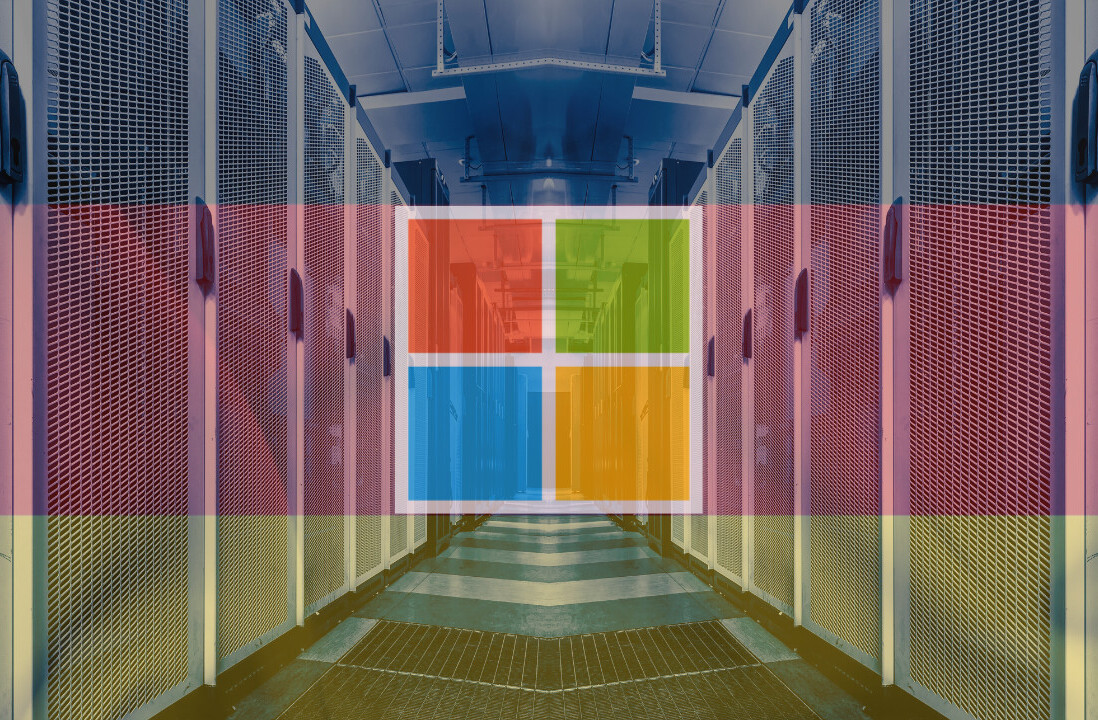
Yahoo under the leadership of Marissa Mayer has found new energy. The company has enacted an acquisition spree, picking up companies both small and Tumblr. Hiring has also become easier for the company as its mindshare has risen. Its mobile efforts have seen firm traction. It’s a company on the make.
And investors have responded, pushing its stock up more than 30 percent thus far in 2013, a dramatic rise given that we are still enjoying the tail end of May. However, as the LA Times’ Chris O’Brien noted yesterday, the company isn’t alone in its good fortune: Microsoft’s stock has risen just north of 30 percent in 2013 as well.
Microsoft is a company that is currently enduring two mild market rebukes of its most public new consumer facing products: Windows 8 and the Surface tablet line. Both are selling, but not as strongly as Microsoft expected. And the company still faces headwinds in the smartphone space despite progress. Why is the company up such a large percentage this year, when it continues to struggle in the consumer sector?
O’Brien wrote about the subject for the Times, stating that:
There may be no one explanation for the sudden love from investors. It’s worth noting that while PC sales have collapsed, Microsoft’s earnings have not collapsed with them. And while Windows 8 may not have met expectations, the company is rumored to be planning some changes, such as possibly reintroducing the Start button and allowing users to boot directly to the classic desktop version rather than the tile-based look.
The irony to the above quote is that O’Brien didn’t know what Microsoft had planned for this morning: an unveiling of Windows 8.1. I spent nearly two hours with Microsoft yesterday at its downtown San Francisco office digging through the coming update to Windows 8. It’s a worthy and worth-awaiting fix, both extending new features and smoothing user interface issues that plagued the first build of the new operating system.
But Windows 8.1 is only now partially known, and remains a future release. What could have driven the rise in Microsoft’s stock price that it has enjoyed previously in 2013? After all, Microsoft is up a mere 0.5% today, following the news of Windows 8.1, so it can’t be the sole, or even material cause. Or, just as Yahoo has seen its stock price rise over a number of events, it would be sensical that Microsoft’s has swung higher on more than a single event.
The gist of my position on Microsoft’s progress up the stock charts is simple: the company was undervalued before, its business products are growing quickly, and new segments of its software are hitting key revenue benchmarks. Microsoft’s current price-earnings ratio is around 18. Before it was around 12. That’s a low multiple for a technology company. The rise in its valuation isn’t therefore exceptionally frothy.
[For the Twitter version of this article, head here.]
That figure however comes with a caveat: according to Yahoo Finance, Microsoft’s current 5 year expected PEG ratio clocks in at a high 1.45; investors are therefore betting that Microsoft will grow more quickly in the future than the past, which will bring that last ratio down to a more acceptable figure. (For comparison, Yahoo’s current price-earnings according to Google Finance is a painfully low 7.72).
Can it? Azure is now a $1 billion per year business, the new version of Office has moved more than 20 million copies in its life, Office 365 Home Premium for consumers is over the 1 million subscriber mark, Yammer revenue is up 259% year-over-year, and SharePoint is now bringing in more than $2 billion per year. Those add up to a sum that can shift Microsoft’s growth rates forward.
None of this excuses the weakness in the larger PC market that will bedevil the Windows division, even as Surface revenue helps replace perhaps lower-than-known Windows software revenue. But quite simply momentum in Microsoft’s favor is granting it breathing room to sort and fix Windows 8; 100 million licences sold isn’t a number that can be laughed at, even if Microsoft had anticipated a higher tally.
Taken as a whole, Microsoft was perhaps a bit undervalued before its 2013 rally, and strong performance of new products and its software that it vends to businesses could drive short and medium-term revenue growth. That appears to have heartened investors.
If Microsoft can fully sort Windows 8, and manage to greatly increase its presence in the tablet market, it can then call itself wholly healthy. For now, the company lists too heavily to one side. Still, the company is far from dead.
Returning to Yahoo, its interesting to see the difference in how the two firms have managed their ascent; Yahoo has done so through very public purchases, and generally lauded performance. Microsoft has managed the same gain in a more quiet fashion. But investors are responding to both companies in similar ways, though I would posit that Yahoo’s gains are more based on – and I would say well placed – optimism, while Microsoft’s are a bit more numerically based.
Still, both firms are being valued as if they will see their top and bottom lines grow. If either bet, or both pay off we’ll know in a few quarters. For now, both are happy to not be Apple, a company of almost comical strength and a painfully declining stock.
Top Image Credit: Emmanuel Huybrechts
Get the TNW newsletter
Get the most important tech news in your inbox each week.




